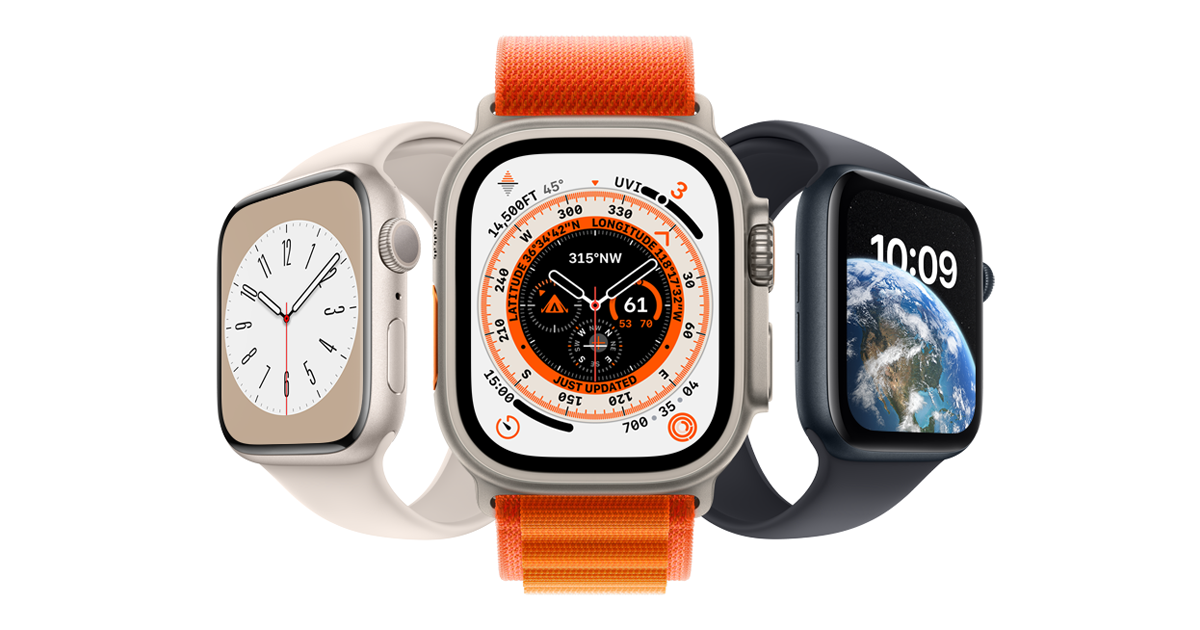Earlier this week, Apple made a shocking announcement in which it stated that sales of the Apple Watch Ultra 2 and Apple Watch Series 9 will be indefinitely paused in the United States. The company was forced to make this decision after a longstanding legal battle with Masimo, a health technology firm that accused Apple of infringing on multiple health sensor patents.
The legal dispute involving Apple and Masimo and the subsequent Apple Watch sales ban is not a sudden one. Rather, it’s been brewing for the best part of the last few years. The clock is ticking toward the impeding sales halt, and Apple is exploring the last few options before it sees its bottom line potentailly affected by hundreds of millions of dollars.
As Apple races around the clock to either circumvent the ban via software tricks or secure a presidential veto, here’s everything you need to know about how the company found itself in this icky situation.

Discover new horizons, always connected with eSIM
Travel the world stress and hassle-free with the best eSIM service available. Enjoy unlimited data, 5G speeds, and global coverage for affordable prices with Holafly. And, enjoy an exclusive 5% discount.
Masimo sues Apple
Masimo kicked off the state of affairs after it first sued Apple in 2020. In its lawsuit filed with a federal district court, Masimo alleged that Apple has infringed on no less than 10 patents related to blood oxygen and heart rate sensor technologies. Back then, Masimo sought a court order to halt sales of the Apple Watch Series 4 and Apple Watch Series 5, which the company said featured technologies enabled by trade secrets that Apple allegedly stole after it poached many Masimo engineers.
A year later, Masimo filed another lawsuit against Apple with the US International Trade Commission (ITC). This time, Masimo sought another sales ban on the then-new Apple Watch Series 6, which was the first Watch model to feature a blood oxygen sensor. As part of its ITC case, Masimo again alleged that Apple breached five other patents related to noninvasive blood oxygen sensing using light emitters and detectors.
Court strikes Apple down
Earlier in January, the ITC ruled in Masimo’s favor as it confirmed that Apple did indeed infringe on at least one of the former’s patents with the blood oxygen sensor of the Apple Watch Series 6. The ITC then confirmed in October that the most recent Apple Watch models featuring the now-infamous blood oxygen sensor would be subject to an import ban in the United States.
The ban would not be enforced immediately, but only after a 60-day Presidential Review Period during which the Biden administration could issue a veto striking down the ITC’s ruling. The Review Period kicked off on the day the ITC’s decision was made public and is set to expire on December 25, after which the sale ban will officially commence on December 26. With a veto nowhere in sight from President Biden, Apple took its decison to preemptively comply with the sales ban.
Preemptive sales ban
On Monday, December 18, Apple confirmed in a statement to 9to5Mac that sales of the Apple Watch Ultra 2 and Apple Watch Series 9 will be suspended in the United States effective later this week. The company will implement the sales halt on two steps; online sales via Apple.com will be first suspended on Thursday, December 21. A few days later, in-store sales in all Apple Store loactions in the US will be similarly halted from Sunday, December 24.
Apple has already took steps in preparations of the sales ban. Many Apple Store locations have already taken down posters and marketing materials that speficially highlight the Apple Watch Ultra 2 and Apple Watch Series 9. The new signage simply market the Apple Watch product line as a while rather than focusing on individual models.
The sales ban only affects direct sales from Apple. Third-party retailers like Target, Best Buy, Walmart, and many others will still be able to sell the two Apple Watch models in question until supplies last. Once supplies are exhausted, they too will not be able to buy additional stock from Apple due to the sales halt which also bans any imports on behalf of the Cupertino company.
What’s next?
Apple has a number of options to bring the anticipated sales pause to an end. Firstly, the company could choose to reach a settlement and patent licensing agreement with Masimo, a path that the latter’s CEO is happy to accommodate.
Apple engineers are also said to be working tirelessly to introduce software changes to the algorithms that control the blood oxygen sensor on the affected Apple Watch models. Even then, this may not be enough to restore sales since Masimo’s patents cover both hardware and software.
Of course, Apple plans to appeal the sales ban decision as soon as it officially goes into effect. The company also tried to secure a stay on the ITC’s decision while it files for a more sophisticated appeal, but to no avail.
If Apple exhausts all possible appeals to resume selling the affected Apple Watch models, the company might be left with no choice but to issue a software update to disable the blood oxygen sensor if it gets desparate to resume sales.
FAQ
Can I still use my current Apple Watch?
All Apple Watch Ultra 2 and Apple Watch Series 9 units currently in use are not affected by the sales ban. If you own one of those models, you can use your Apple Watch and the blood oxygen sensor as usual. Earlier Apple Watch generations that come with the blood oxygen sensor will also continue to function normally.
Can I buy other Apple Watch models?
Apple Watch SE will still be available to purchase once the sales ban goes into effect as this model does not feature the blood oxygen sensor. On the other hand, sales of refurbished Apple Watch Series 8 will be suspended since it features blood oxygen monitoring capabilities.
Can I repair my affected Apple Watch?
As noted by 9to5Mac, servicing or reparing Apple Watch units affected by the sales ban will not be limited by the ITC’s ruling since it includes an exemption for those circumstances. Since all Apple Watch Ultra 2 and Apple Watch Series 9 units sold are still under their one-year warranty, service claims should still be honored by Apple during the sales ban.



